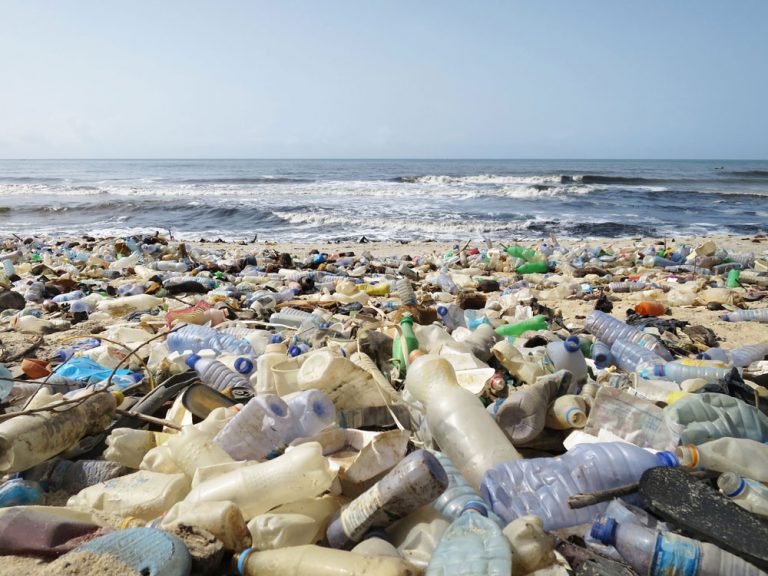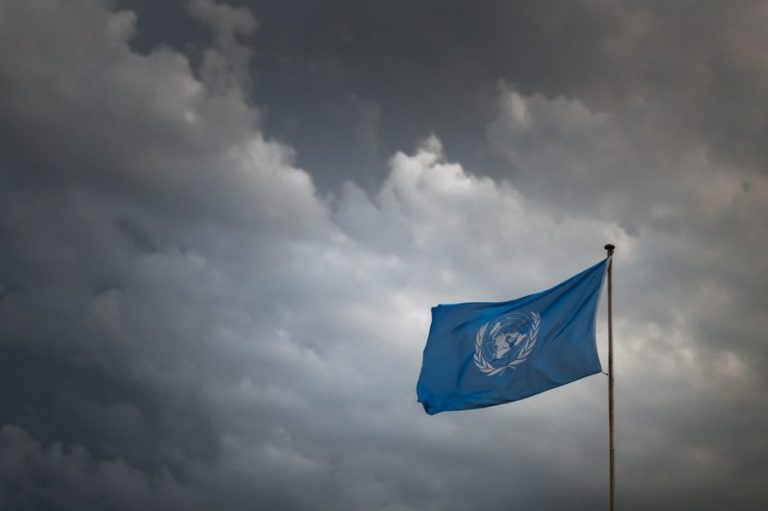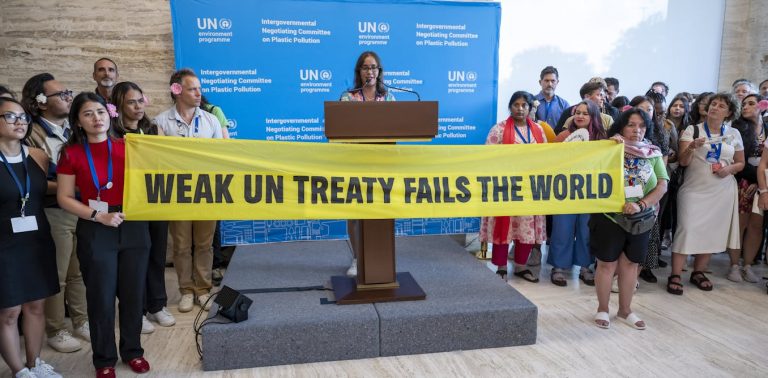Plastic Microrecycling Goes Viral
Most used plastic winds up in landfills, the ocean, or the landscape, where it kills wildlife or degrades and puts toxins and microplastics into the environment. And plastic put in recycling bins often isn’t recycled— sometimes it’s shipped from rich countries to poor countries and surreptitiously burned as fuel, creating and spreading even more toxins. Some researchers characterize the global trade in plastic waste as a new form of colonialism.
But a worldwide network of microrecyclers is turning local plastic waste into commercial products, while building community and expertise.















